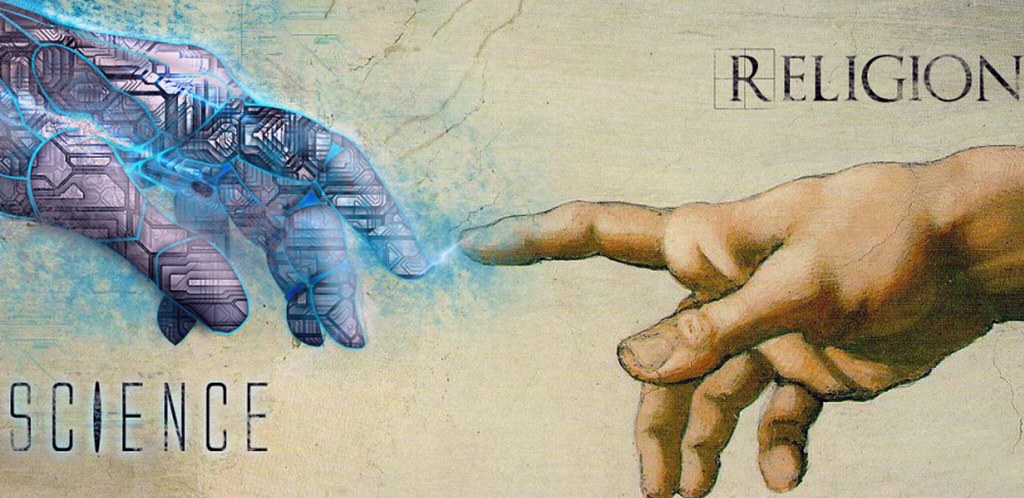The relationship between science and religion has long been a subject of contemplation, debate, and sometimes contention. While these two disciplines may seem worlds apart, they share a profound impact on society, shaping our worldview, values, and even the way we perceive ourselves in the cosmos. This article explores the intersection of science and religion, delving into how each discipline influences society and the potential for a harmonious coexistence.
Science’s Impact on Society:
- Technological Advancements: Science has been the driving force behind unparalleled technological advancements, revolutionizing the way we live, work, and communicate. From medicine to space exploration, scientific discoveries have improved the quality of life and expanded our understanding of the universe.
- Education and Critical Thinking: The scientific method encourages critical thinking, skepticism, and evidence-based reasoning. Scientific education fosters a society capable of questioning assumptions, challenging dogma, and adapting to new information. This promotes intellectual growth and innovation.
- Medical Breakthroughs: Scientific research has led to groundbreaking discoveries in medicine, extending human lifespan and improving health outcomes. Vaccines, antibiotics, and advanced diagnostic tools are just a few examples of how science directly impacts public health.
Religion’s Impact on Society:
- Moral and Ethical Frameworks: Religion often provides moral and ethical guidelines that influence individual behavior and societal norms. Many societies derive their legal systems and ethical principles from religious teachings, shaping the moral fabric of communities.
- Community and Social Support: Religious institutions serve as community centers, fostering social cohesion and providing support networks. They contribute to social welfare through charitable activities, creating a sense of belonging and purpose for their followers.
- Cultural Identity: Religion plays a significant role in shaping cultural identity, influencing art, literature, and traditions. It provides a framework for understanding the world and our place in it, contributing to a shared cultural narrative.
The Intersection:
- Seeking Truth: Both science and religion share a common goal of seeking truth, though they employ different methods. Science pursues empirical evidence and experimentation, while religion often relies on faith, revelation, and philosophical inquiry. The coexistence of these approaches can enrich our understanding of the world.
- Ethical Dialogue: Encouraging dialogue between scientific and religious communities can lead to a more nuanced understanding of ethical issues. Collaborations between scientists and religious leaders can address shared concerns such as environmental stewardship, social justice, and the ethical implications of scientific advancements.
- Education and Tolerance: Promoting education that incorporates both scientific and religious perspectives fosters tolerance and respect. A well-rounded education encourages individuals to appreciate the contributions of both disciplines, recognizing that they can coexist harmoniously in the pursuit of knowledge and societal well-being.
Conclusion:
The impact of science and religion on society is multifaceted, with each discipline contributing to our collective understanding of the world. Rather than viewing them as mutually exclusive, fostering a dialogue that respects the strengths of both can lead to a more comprehensive and enriching worldview. As society continues to evolve, the integration of science and religion has the potential to create a harmonious balance that addresses both our material and spiritual needs.



Your article helped me a lot, is there any more related content? Thanks!